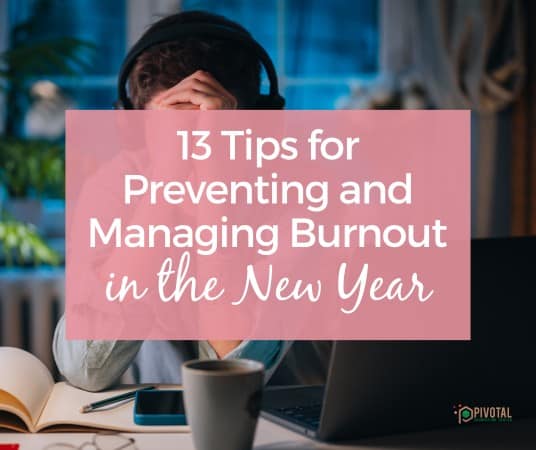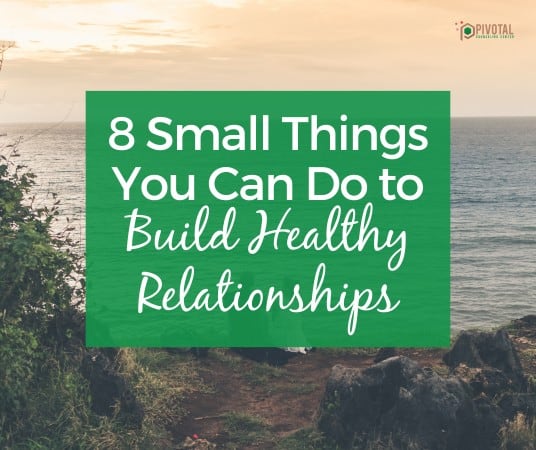
Do you struggle with conflict with your teen child (or children)?
Conflict is a part of life for all kinds of relationships, but conflict with your teen can be particularly tricky to deal with. It’s frustrating to deal with conflict with someone you care about deeply.
Conflict during the teenage years is not only normal, it’s a sign of healthy development.
Adolescence is a time of significant change for children, physically, emotionally, and socially. The teenage years are a time for them to start exploring their identity, seeking autonomy, and testing boundaries. This developmental stage often includes disagreements and conflicts with parents who may struggle to adjust to their child’s growing independence.
As therapists specializing in working with teens and families, we emphasize the importance of viewing conflict through a developmental lens. It’s a crucial phase where teens are learning to express themselves, assert their opinions, and negotiate their place in the world. Encouraging healthy communication and understanding from both sides is key to fostering a supportive environment where conflicts can be addressed constructively.
Developmentally, it’s appropriate for teens to detach from their parents and start to forge their own identities. The fact that it’s developmentally appropriate doesn’t make it any easier to manage at the moment, though. Arguments and conflict with your teens can be incredibly distressing. Often it’s hard to stay calm and react rationally, especially when things get heated.
So, how can you make conflict with your teen easier? Try these suggestions:
Take a break if you need it
It’s okay if you need to step away from your teen during moments of conflict. It can be hard to keep calm and avoid yelling or other negative outcomes. When you feel like the conflict is heading to a destructive place, try to take a deep breath and walk away before you say anything you regret. It will likely be helpful to both of you to be able to calm down some and think clearly, because things often seem much more black and white in moments of emotional distress.
Let them speak
As teens grow more independent, they really value being heard and understood. It’s important to give them a chance to speak when you disagree with them. Their perspective might or might not change your mind, but it’s still valuable for them to know that they can speak openly with you and share how they really feel. It’s also helpful to talk to them like an adult, even if they aren’t yet. They’re working on figuring out who they are and separating from their family of origin, and being treated like an adult can go a long way to make them feel heard.
Practice repair
One of the most important parts of conflict in close relationships is the repair. When the fight is over, it’s important to keep talking to your child about what happened and how you both feel about it. It might be nice to do something fun together if you can. Conflict is inevitable, but the way you work toward repair afterward can change the impact of conflict.
Consider consequences
It’s normal to experience conflict with your child during their teen years, but that doesn’t mean that there aren’t consequences for breaking your rules or being disrespectful. It’s okay to have boundaries about what is and isn’t allowed, and to stick to them when they’re not respected.
One of the trickiest aspects of managing conflict is enforcing consequences that respect a teenager’s need for independence. It’s essential to strike a balance between setting boundaries and allowing room for autonomy. Make sure to set consequences that you know you can follow through on and that are not simply set out of anger or frustration. When things are calm, you can even invite your teen to be a part of the conversation, because it can be easier for them to accept consequences when they have a say.
Remember it won’t be like this forever
The teenage years can be trying, but they don’t last forever. It takes time for teens to develop a sense of identity and autonomy outside of their family, but once they do, things often go much more smoothly. If you need support dealing with the emotions involved with your teen growing more independent from you, working with a therapist can help you cope.








